The Fascinating World of Birds
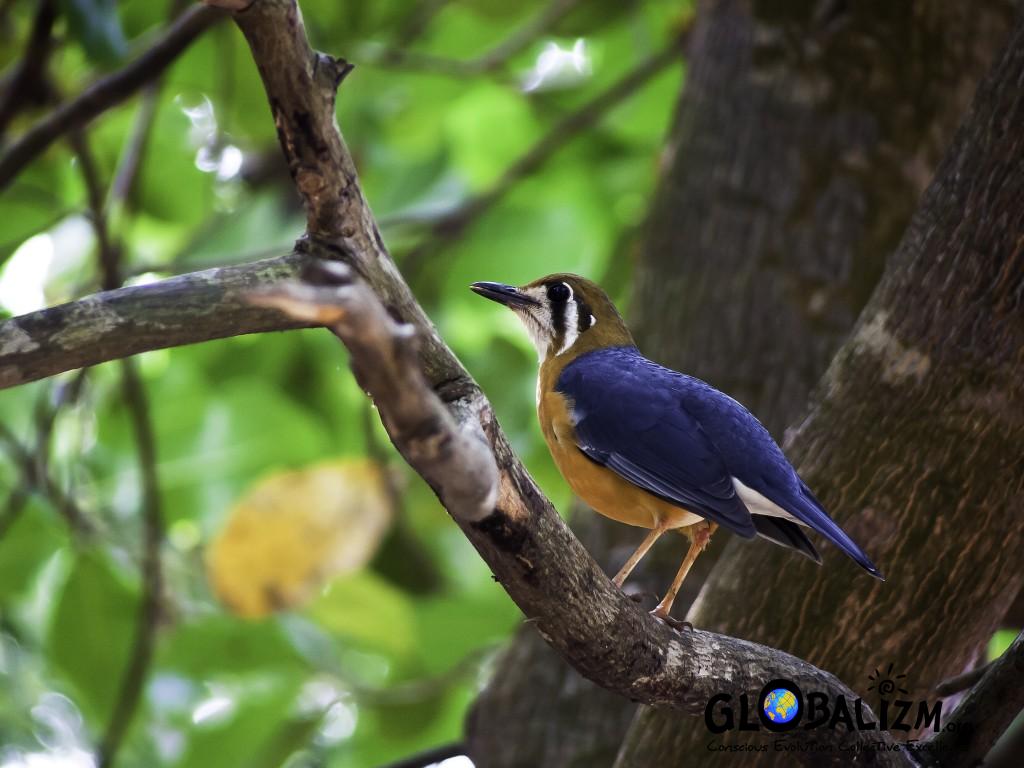
- Do you know there are 9865 species of birds…
- Do you know about 1227 species of birds are endangered/vulnerable…
- Do you know feathers provide birds with waterproofing, insulation, and even protect their skin from UV rays…
- Do you know the Vernal Hanging Parrot is the only bird that sleeps hanging upside down…
- Do you know the Peregrine Falcon is the fastest living creature reaching speeds of 125-165 miles per hour…
- Do you know pigeons lactate/produce milk…
- Do you know the term leucistic (feathers lacking colour or white)…
- Do you know birds do not have teeth…
- Do you know where ever you are, you will be able to find at least 60 species of birds easily in your vicinity..
Sounds interesting? This article is about birding or birdwatching.
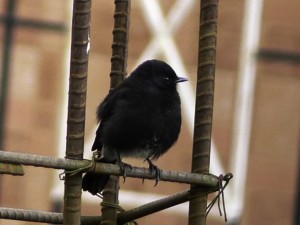
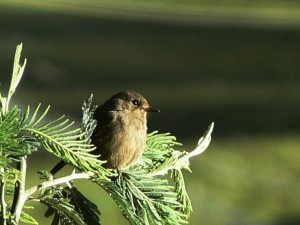 I took up serious birding just about a year ago. Birds and animals, and sustainable conservation of environment has always been an interest to me. I could attend 2 wildlife camps organized by WWF during my school days and my basics were set in then. But could not continue due to various reasons. Now, I am a committed birder. My village is beautiful with a diverse bird life. I am able to identify and photograph 82 species of birds and still counting… It has made me aware of the bird life around… the types of birds, the various sounds and calls, certain behaviors very peculiar to certain groups. Watching birds has number of other benefits… I spent quality time outdoors, I walk a lot, the solitude and oneness with nature is something to be felt, I have a lot of online friends with the common interest, and I am conscious of my surroundings.
I took up serious birding just about a year ago. Birds and animals, and sustainable conservation of environment has always been an interest to me. I could attend 2 wildlife camps organized by WWF during my school days and my basics were set in then. But could not continue due to various reasons. Now, I am a committed birder. My village is beautiful with a diverse bird life. I am able to identify and photograph 82 species of birds and still counting… It has made me aware of the bird life around… the types of birds, the various sounds and calls, certain behaviors very peculiar to certain groups. Watching birds has number of other benefits… I spent quality time outdoors, I walk a lot, the solitude and oneness with nature is something to be felt, I have a lot of online friends with the common interest, and I am conscious of my surroundings.
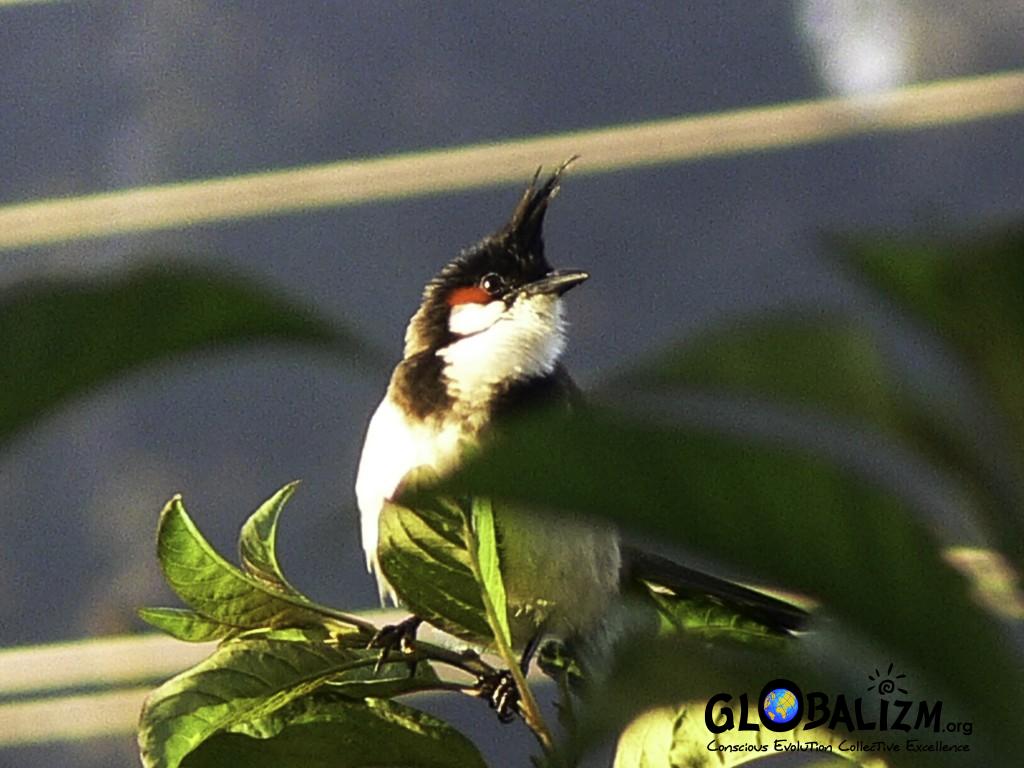 It is a pleasure observing the Babblers noisily foraging the undergrowth, the Treepies letting out a shrill sound and hoping tree to tree, the Mynas with their beautiful expression and colors on their faces arguing with each other, the Kingfisher darting into the murky waters of the pond coming up with a fish, the Bulbuls preening themselves, the Peacock gracefully moving in paddy fields, the Crows chilling out on telephone poles, the Cattle Egrets following a grazing cow, the Parakeets screeching and zooming about, the Drongos’ chasing off a Kite fearlessly, the Sparrows chirping around and being busy all day, the Pigeons cooing coyly… It is a beautiful world out there.
It is a pleasure observing the Babblers noisily foraging the undergrowth, the Treepies letting out a shrill sound and hoping tree to tree, the Mynas with their beautiful expression and colors on their faces arguing with each other, the Kingfisher darting into the murky waters of the pond coming up with a fish, the Bulbuls preening themselves, the Peacock gracefully moving in paddy fields, the Crows chilling out on telephone poles, the Cattle Egrets following a grazing cow, the Parakeets screeching and zooming about, the Drongos’ chasing off a Kite fearlessly, the Sparrows chirping around and being busy all day, the Pigeons cooing coyly… It is a beautiful world out there.
Birders or birdwatchers observe birds in their natural habitat. Birdwatching means learning to identify the birds and understand more about birds and their activities. It is a very interesting hobby/past time/ activity, and the more you learn about the diverse bird life around you, the more you become environmentally conscious.
How to observe birds and bird life around you?
Birds can be observed in your own backyard, your area, and you can travel to places to watch diverse bird life. This is an activity you can do daily and do it all your life.
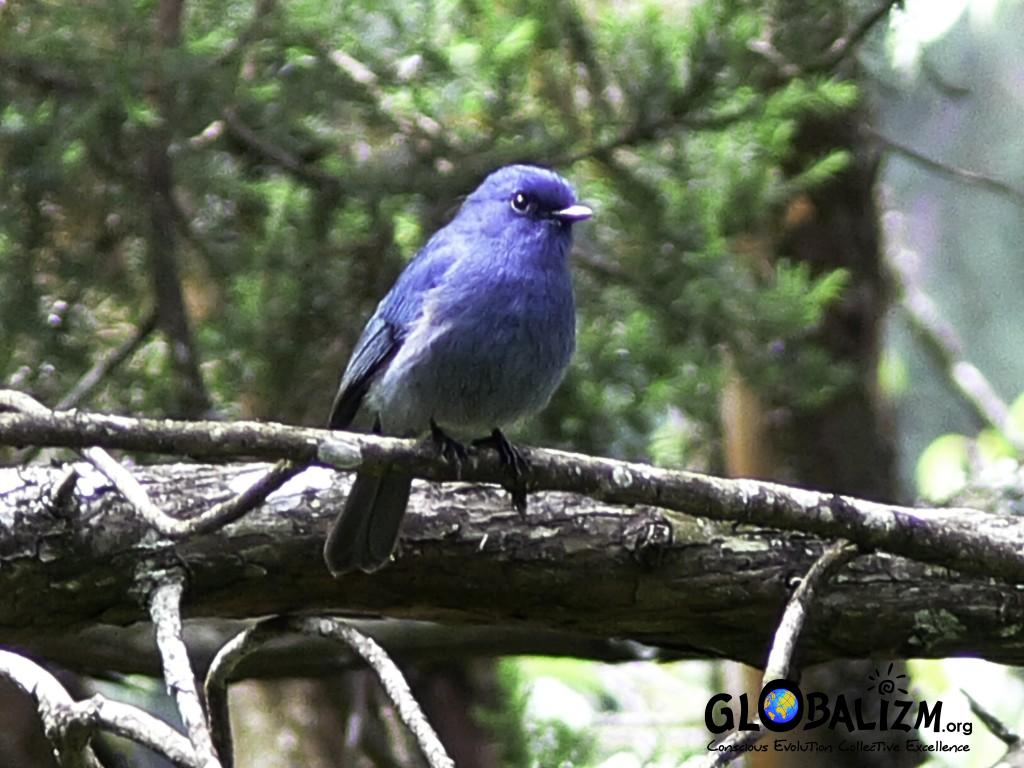 Why observe birds/take up birding?
Why observe birds/take up birding?
They are interesting, beautiful, fascinating; encourages you to explore the world; sharpens your vision/sight; makes you an authority in your neighborhood; we interact with people from various backgrounds who have the common interest and broaden your world view; makes you proactive with regards to environmental issues; encourages you to go outdoors and remain healthy; enjoy the solitude and oneness with the nature around you; it makes you a conscious person.
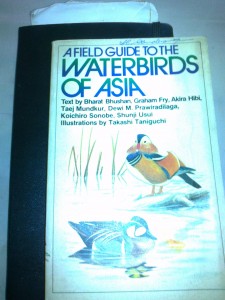 What do you need to start watching birds?
What do you need to start watching birds?
Not much, a binoculars, a field guide, and optional a camera with a decent telephoto lens (250 mm or above). Camouflage clothing, a notebook, a pen, and a hat/peaked cap to shield your eyes from glare.
How do you contribute to science by watching birds?
Birding is about acquiring knowledge, bird names, the songs, their behavior, where they fit in the natural world, the benefits of birds to the food chain, how they aid in pollination, how they control insect population. Birders often contribute to scientific knowledge, the bird population, migratory studies, and keeping a watch.
- Avoid disturbing habitats.
- Observe without disturbing them.
- Do not chase birds or disturb them, stay on the trails, do not disturb nests.
- Avoid using camera flashes.
- Avoid photographing nests.
- Do not use artificial sounds or recordings to attract birds.
Ways to attract neighborhood birds…
- Keep a bowl of fresh water to attract birds… the birds need a water source during the summers. You can keep them hydrated.
- Bird feeder can be kept in your yard with varied food grains.
- Growing bright colored flowers like hibiscus, Ixora, Peacock flower… attracts Sunbirds.
- If you are living in the tropical regions, plant a few fruits bearing trees like papayas, guava, jack fruit, mangoes, cashews… attracts Orioles, Leaf birds, Parrots, Parakeets, Treepies, Cuckoos, Barbets, Koels…
Early morning is the ideal time to watch birds… they are very active hunting/foraging food. 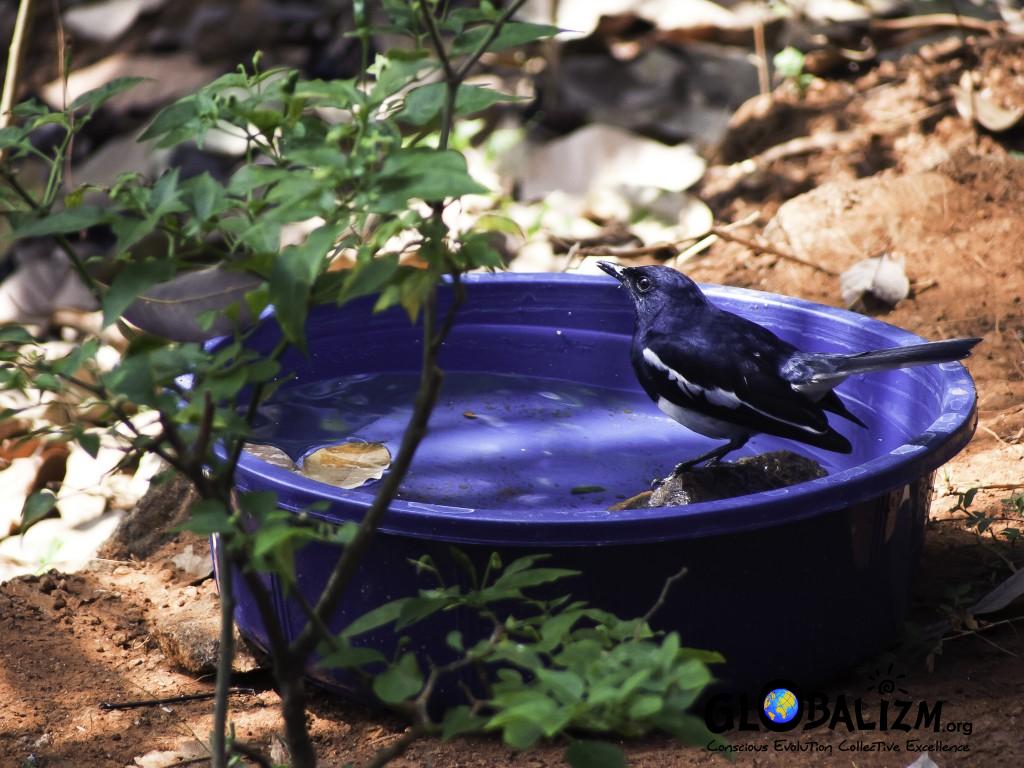 Online resources:
Online resources:
Facebook is a very good medium. There are groups like Indian Birds, Birdwatchers of Kerala, Sanctuary Asia, Indian Wildlife, Cornell Lab of Ornithology, Wild Bird Trust, and many other pages/groups.
//www.allaboutbirds.org/labs/
//macaulaylibrary.org/
//www.wildbirdtrust.com/
//www.indianaturewatch.net/
//wa.audubon.org/
It is a growing past time/study/interest in the world. Do spend a few hours a week watching birds.
[Images Credit: Sastha Prakash]
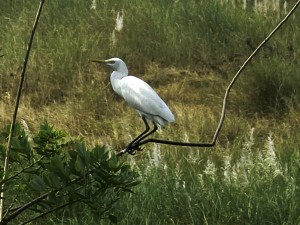
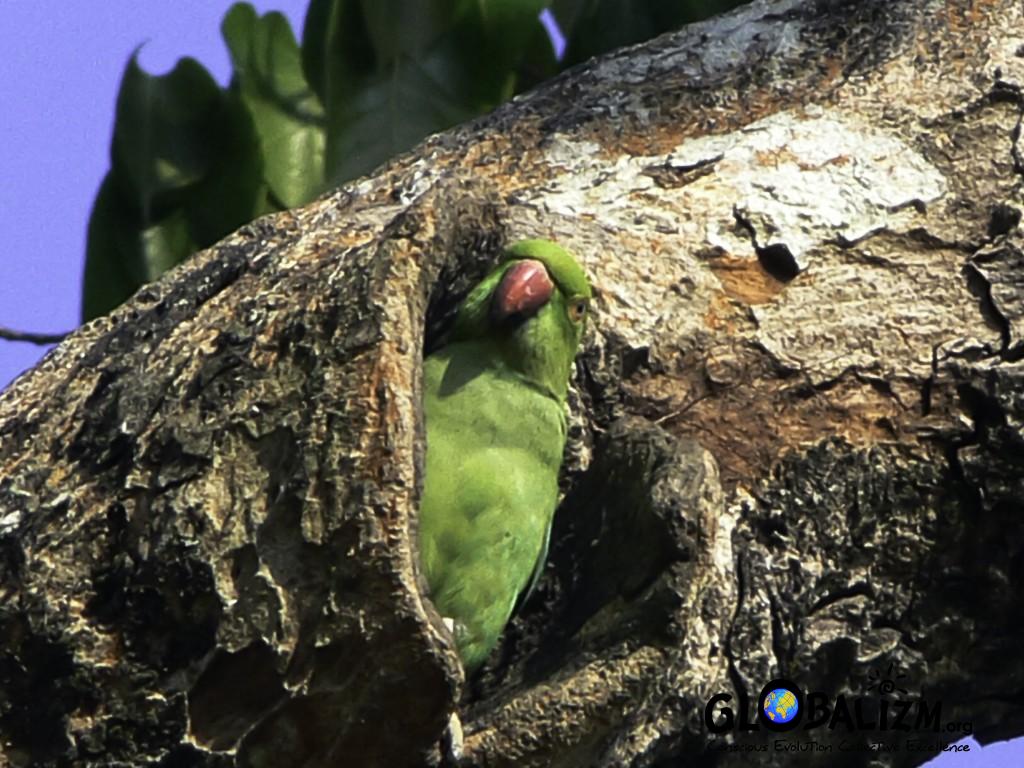
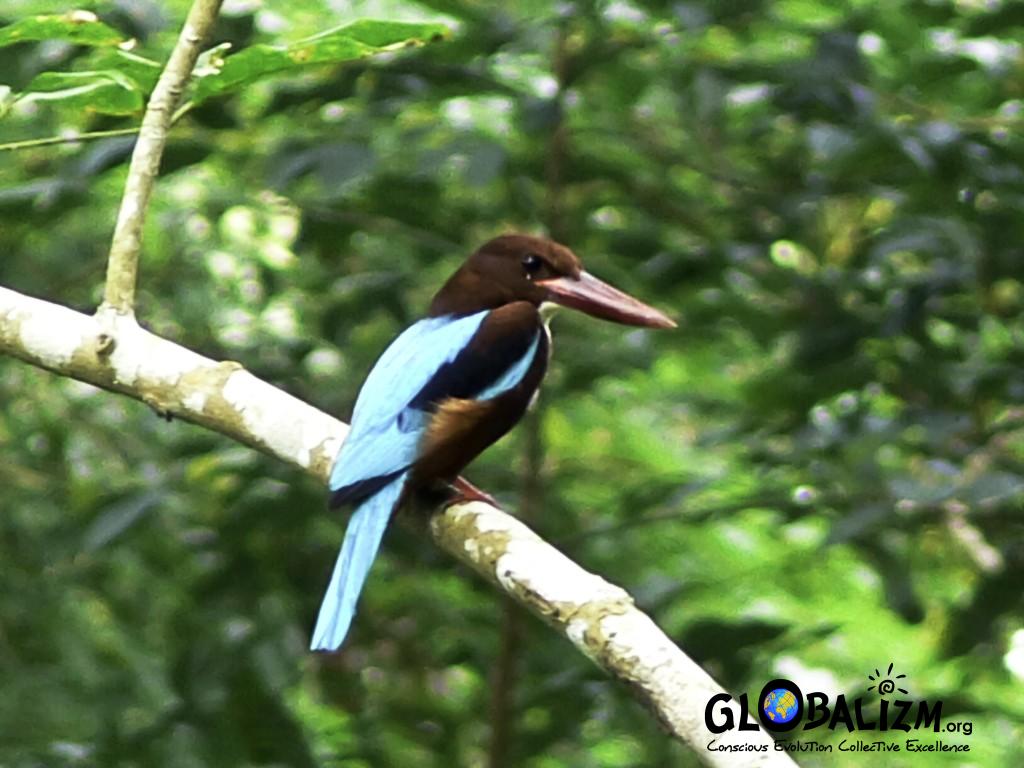
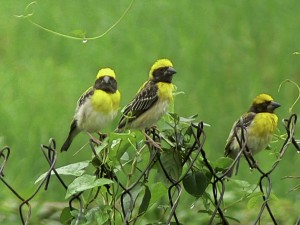
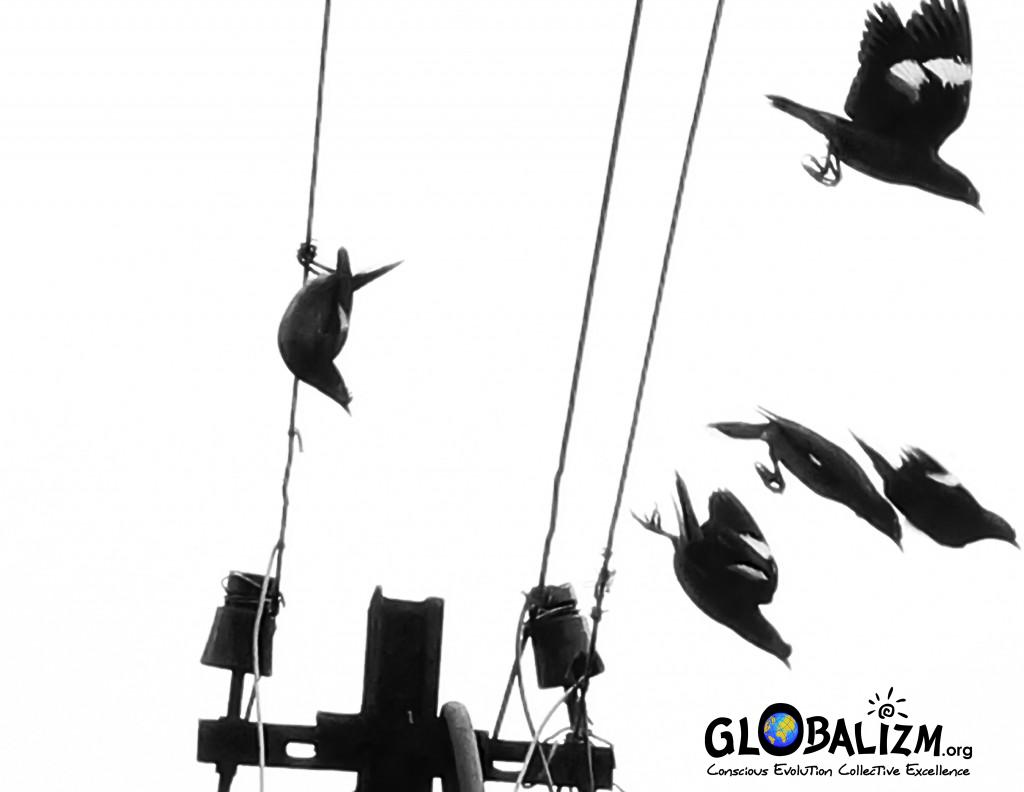


Very interesting to read .Amazing photos !I donot know how you clicked them so perfect.
Thank you, ma’am! 🙂